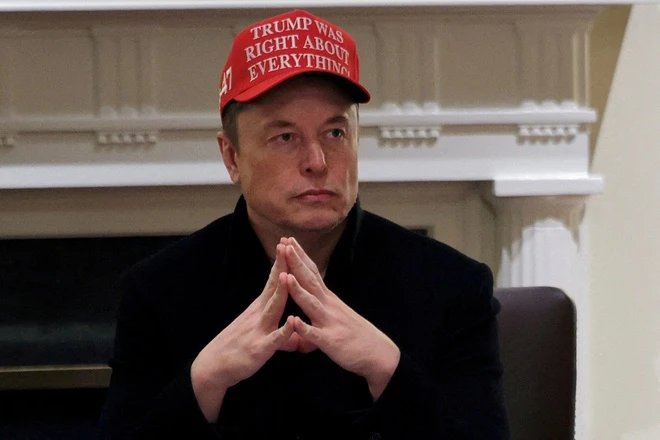In a stunning turn of events in the world of technology and artificial intelligence, OpenAI has filed a lawsuit against billionaire entrepreneur Elon Musk. The legal action accuses Musk of engaging in **anti-competitive conduct** and **harassment** that could have far-reaching implications for the AI landscape. As one of the original co-founders of OpenAI, Elon Musk’s strained relationship with the organization has been well-documented. However, this lawsuit marks an unprecedented legal escalation, potentially changing the dynamic between the world’s most prominent tech innovators.
This article will dive deep into the details of the lawsuit, explore the background between Musk and OpenAI, and assess what this means for the future of artificial intelligence, corporate competition, and tech ethics.
## Background: Elon Musk and His Connection to OpenAI
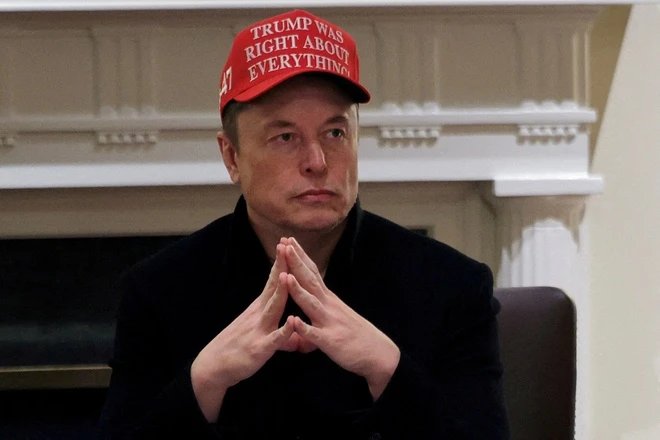
OpenAI was founded in 2015 by a group of influential tech leaders including Elon Musk, Sam Altman, Greg Brockman, and others. The company was established with the noble mission of ensuring that artificial general intelligence (AGI) benefits all of humanity. It initially operated as a **nonprofit research organization**, aiming for full transparency and global collaboration.
Musk was a vocal supporter and key financial contributor in the early days. He pledged $1 billion in funding, with the goal of preventing a monopolistic takeover of AI by any one company — including, ironically, his own.
However, by 2018, Musk **resigned from the board of OpenAI**, citing a potential conflict of interest with Tesla’s growing involvement in AI technology. Despite stepping away from formal responsibilities, his departure didn’t mean the end of his involvement or interest in OpenAI’s trajectory. Over the years, tensions between Musk and OpenAI escalated, culminating in this explosive legal confrontation.
## Core Allegations: Anti-Competitive Conduct and Harassment
### 1. **Anti-Competitive Conduct**
The lawsuit filed by OpenAI alleges that Elon Musk has engaged in systematic efforts to **undermine the company’s competitive standing** in the artificial intelligence sector. This includes:
– **Spreading misinformation** about OpenAI’s transition from a nonprofit to a capped-profit model.
– **Launching rival AI initiatives**, such as his company xAI, with the alleged intent to weaken OpenAI’s influence.
– **Pressuring key talent and engineers** to leave OpenAI and join his competing ventures.
OpenAI claims that these actions violate fair competition norms and aim to sabotage its mission of ensuring safe and ethical AI development.
### 2. **Harassment of Executives and Staff**
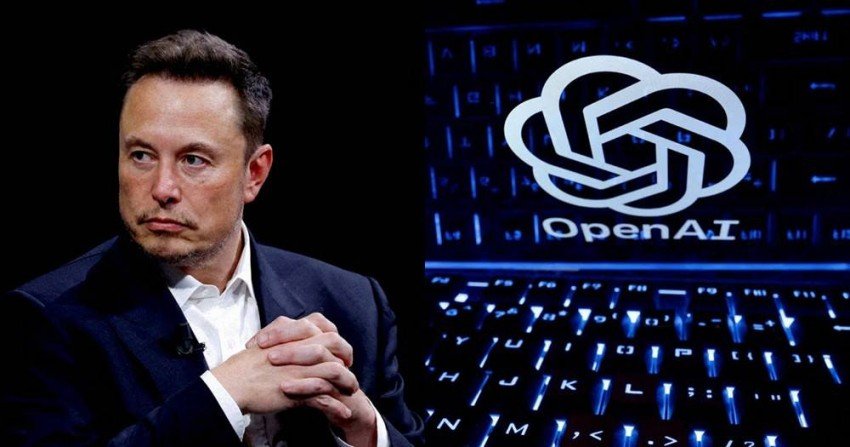
In addition to economic and strategic interference, the lawsuit accuses Musk of **personal harassment** targeting OpenAI’s leadership team, particularly CEO Sam Altman. According to legal documents:
– Musk allegedly **used his social media platforms** to publicly criticize and discredit Altman and other OpenAI executives.
– There are reports of **private communications** containing threats and coercive language.
– Several OpenAI employees claim to have been **harassed or approached** by Musk’s affiliates with offers to “defect” or provide confidential information.
Such actions, if proven in court, could constitute serious violations of both workplace conduct norms and corporate law.
## Elon Musk’s Response: Denial and Counter-Claims
Elon Musk, never one to shy away from public confrontation, has responded to the lawsuit with **denial and defiance**. In a statement released through his legal team and shared on X (formerly Twitter), Musk called the lawsuit “**baseless**,” “**politically motivated**,” and “a desperate attempt to hide OpenAI’s descent into a corporate monopoly.”
Musk also indicated his intent to **file a countersuit**, alleging that OpenAI has strayed from its original nonprofit mission. He accuses the organization of:
– Abandoning its open-source ideals.
– Colluding with tech giants like Microsoft for profit.
– Obstructing innovation by creating closed ecosystems for AI research.
Musk’s legal team argues that if anyone has breached ethical principles, it is OpenAI — not him.
## Legal Implications: Could This Redefine Tech Accountability?
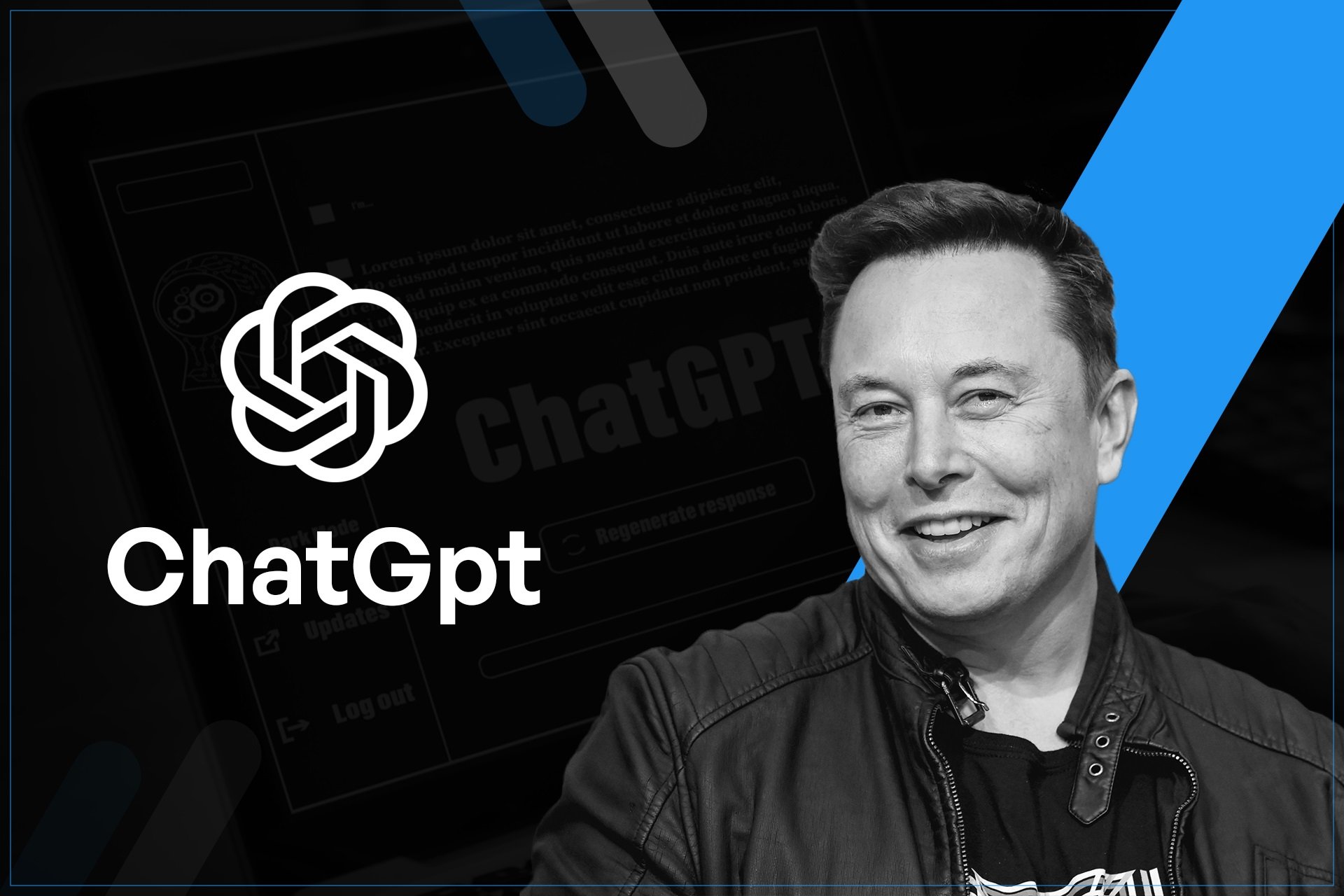
This lawsuit has already sparked a legal and ethical debate within the tech community. Legal analysts point out that:
– **Anti-competitive behavior** suits usually involve corporations, not individuals like Musk.
– The harassment claims, if substantiated, could open the door for **criminal charges** or broader investigations into Musk’s business practices.
– OpenAI’s stance also raises questions about **whistleblower protection**, intellectual property rights, and employment ethics in high-tech environments.
If the court rules in favor of OpenAI, the precedent could **redefine acceptable behavior** in the cutthroat AI industry, which is currently experiencing exponential growth and intense rivalries.
## The Ethical Debate: Profit vs. Principles
At the heart of the legal battle lies a deeper ethical issue: **Has OpenAI betrayed its founding values?** Musk and his supporters argue that the company’s shift to a capped-profit model, and its partnerships with Microsoft and other corporate giants, run contrary to its original mission.
OpenAI counters that the move was necessary to scale innovation and compete with larger firms like Google and Meta. Without external funding and monetization, the company claims it could not develop advanced models like ChatGPT and GPT-4.
This lawsuit reignites a long-standing debate: **Can a company remain ethical and mission-driven while also being competitive and profitable?**
## Industry Impact: A Divided AI Landscape
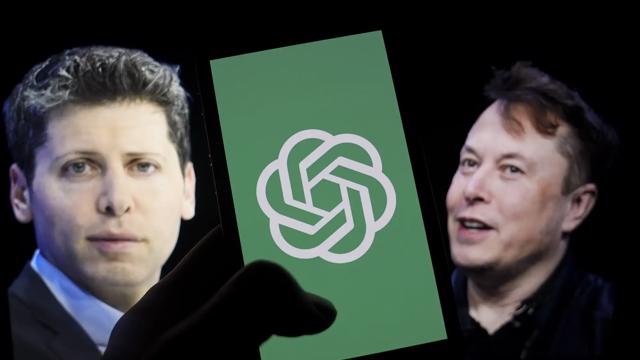
The lawsuit is sending shockwaves across Silicon Valley and beyond. Industry insiders are divided:
– Some see this as **Musk being Musk** — confrontational, unpredictable, and driven by ego.
– Others view it as **a necessary challenge to growing corporate consolidation** in AI.
– Many are simply worried that the battle will **distract from the urgent task of ensuring safe and beneficial AI**.
Major AI stakeholders — from Google DeepMind to Meta AI — are closely watching the legal proceedings. Depending on the outcome, we could see a **realignment of partnerships**, increased regulation, and possibly **new standards for corporate ethics** in AI.
## Public Perception: Divided Loyalties
Public opinion on the lawsuit is also deeply polarized. On one side, Elon Musk commands a loyal following that sees him as a visionary fighting against corruption and control. On the other, OpenAI enjoys a reputation for transparency, innovation, and humanitarian ideals.
Social media platforms are rife with debate, with hashtags like **#SupportOpenAI** and **#FreeAIFromCorruption** trending across X and Reddit. Petitions, opinion editorials, and expert commentaries are flooding the internet, reflecting just how high the stakes have become in the court of public opinion.
## The Future of OpenAI and Musk’s AI Ambitions
The lawsuit could have a significant impact on the future of both parties:
– **OpenAI**: If successful in court, the company may emerge with renewed credibility and public trust. It could also solidify its position as a global leader in ethical AI development.
– **Elon Musk and xAI**: A legal defeat might damage Musk’s ambitions in the AI space, but given his track record of rebounding from controversies, it might only fuel his resolve.
Regardless of the outcome, the lawsuit underscores the **high-stakes battle for control over AI’s future** — a future that affects everything from national security to education, finance, and personal technology.
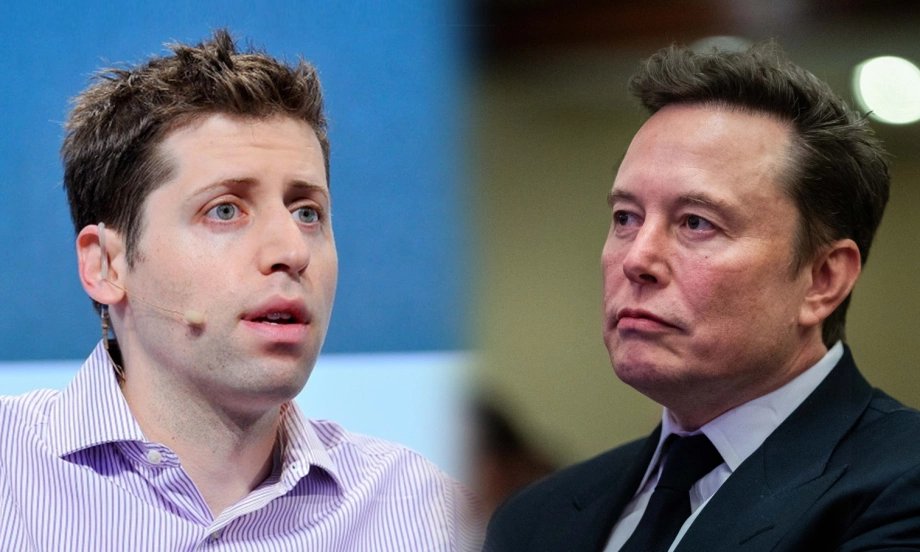
## Conclusion
The legal clash between OpenAI and Elon Musk is more than just a personal dispute — it’s a **defining moment for the technology industry**. With accusations of anti-competitive conduct and harassment on one side, and claims of betrayal and monopolistic behavior on the other, the lawsuit has the potential to reshape how we think about innovation, ethics, and accountability in artificial intelligence.
As the world watches, one thing is clear: The outcome of this lawsuit will not just determine who wins in court, but also **who shapes the future of AI**. Will it be led by open collaboration and ethical responsibility, or dominated by power struggles and personal ambition? Only time — and the legal system — will tell.
